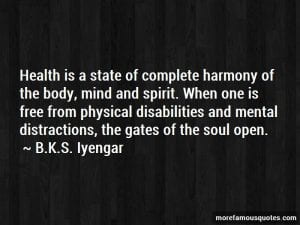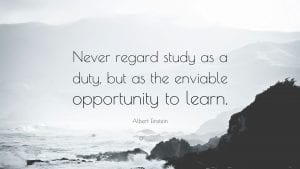 This week’s module was all about building and maintaining motivation. First thing is first, you have to decide on if your motivation is intrinsic or extrinsic. Meaning, are you motivated for your own personal interests and gains or because of external things that could help you to attain or avoid an outcome. After you decide on what motivates you, you can work on maintaining that motivation.
This week’s module was all about building and maintaining motivation. First thing is first, you have to decide on if your motivation is intrinsic or extrinsic. Meaning, are you motivated for your own personal interests and gains or because of external things that could help you to attain or avoid an outcome. After you decide on what motivates you, you can work on maintaining that motivation.
 One of the things that we discussed in this module was your environment as a motivator on slide 6 of Lesson: Module 7. I had never put much thought into my environment being a motivator up until now. Having a positive environment when studying can really help motivate you to get your school work done. One of the recommendations that I had tried this week was downloading an app such as Noisli or the White Noise app to help with background noise. Listening to music/sounds that help to promote a relaxing environment as well as drown out any other noises that could be distracting really helps with my own personal productivity. I would recommend anyone who has a hard time focusing to try these apps for a couple of days and see how their studying time goes!
One of the things that we discussed in this module was your environment as a motivator on slide 6 of Lesson: Module 7. I had never put much thought into my environment being a motivator up until now. Having a positive environment when studying can really help motivate you to get your school work done. One of the recommendations that I had tried this week was downloading an app such as Noisli or the White Noise app to help with background noise. Listening to music/sounds that help to promote a relaxing environment as well as drown out any other noises that could be distracting really helps with my own personal productivity. I would recommend anyone who has a hard time focusing to try these apps for a couple of days and see how their studying time goes!
 One last thing that I would like to add to this weeks module on motivation is how we were reminded to stay healthy. Being healthy mentally, emotionally, and physically play a key role in motivation as well! Making sure to get a good night’s sleep and exercising can help you stay more focused and help to fight and relieve stress associated with school work.
One last thing that I would like to add to this weeks module on motivation is how we were reminded to stay healthy. Being healthy mentally, emotionally, and physically play a key role in motivation as well! Making sure to get a good night’s sleep and exercising can help you stay more focused and help to fight and relieve stress associated with school work.
Finding what motivates you and making sure that you maintain your motivation will help you succeed not only in school but also in life. A lot of the concepts I have learned throughout the class I have found can be applied in other aspects of my life.
















